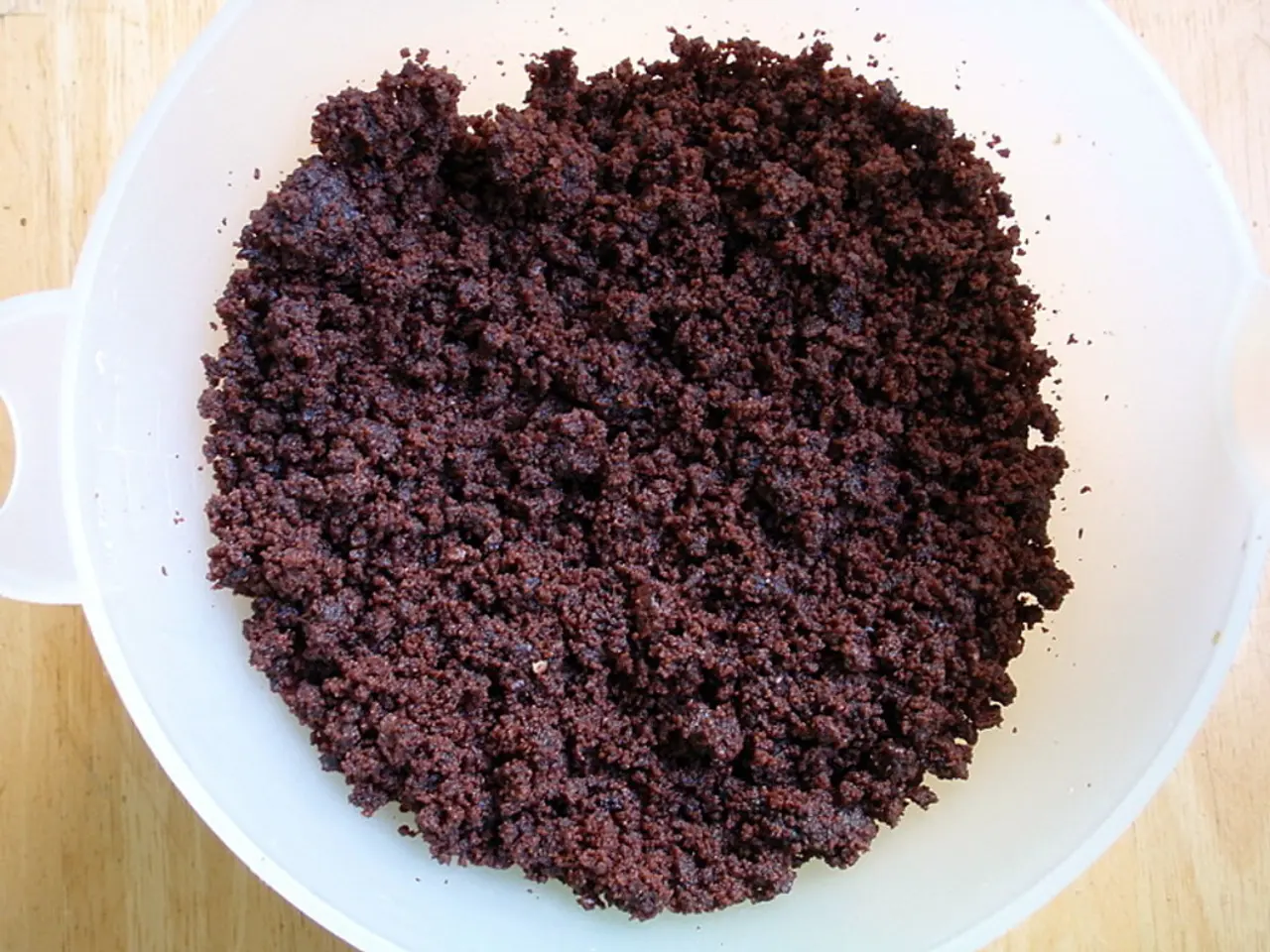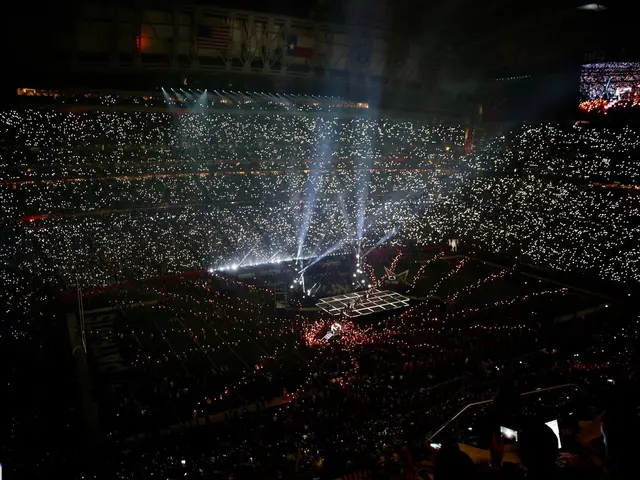Intestinal inflammation in the jejunum: Recognizing signs, available treatments, and potential complications
Jejunoileitis is a specific type of Crohn's disease that affects the jejunum and ileum, parts of the small intestine. This autoimmune inflammatory condition, where the immune system mistakenly attacks a healthy part of the gut, can present various challenges for both patients and doctors.
Symptoms of jejunoileitis include abdominal cramping, diarrhea, weight loss, and fatigue. More severe symptoms may include intense abdominal pain, abdominal bloating or swelling, vomiting, malnutrition, fever, tachycardia, persistent diarrhea, blood in diarrhea, and black or dark red stool. These emergency signs require immediate medical attention.
Doctors typically diagnose Crohn's disease through a combination of symptoms, medical history, family history, physical examination, stool tests, blood tests, diagnostic imaging tests, endoscopy, and colonoscopy. However, diagnosing jejunoileitis can be more challenging due to the difficulty in reaching the jejunum with an endoscopy or colonoscopy camera.
While there is no cure for jejunoileitis, treatment can help manage the disease. Treatment options may include medication, nutritional therapy, and surgery. Medications are used to reduce inflammation and flares, while nutritional therapy can involve enteral nutrition or parenteral nutrition. In severe cases that do not respond to medication, surgery may be necessary to treat complications like bleeding or internal obstructions.
Lifestyle choices can also play a significant role in managing jejunoileitis. Keeping a symptom diary, eating a balanced diet, avoiding smoking, and avoiding Non-Steroidal Anti-Inflammatory Drugs (NSAIDs) can help manage the condition. Certain diet choices may help improve symptoms, such as avoiding high fiber foods, carbonated drinks, and eating smaller meals more often.
Complications of jejunoileitis can include fistulas, abscesses, and strictures. Fistulas are abnormal tunnels that develop between the intestines and other parts of the body, while abscesses are swollen, pus-filled pockets that form when areas of inflammation become infected. Strictures occur when the intestinal passages become narrow, which can lead to obstruction, a medical emergency.
Risk factors for Crohn's disease may include having a family history of the disease, being a smoker, having had the appendix removed recently, and having had a recent intestinal infection. Over-the-counter medications like acetaminophen and loperamide can be used to manage mild pain and diarrhea during flare-ups.
It is important to note that the frequency of jejunoileitis cases in Germany is not specified in the available search results. However, understanding and managing this condition can significantly improve the quality of life for those affected by Crohn's disease.
Read also:
- Peptide YY (PYY): Exploring its Role in Appetite Suppression, Intestinal Health, and Cognitive Links
- Toddler Health: Rotavirus Signs, Origins, and Potential Complications
- Digestive issues and heart discomfort: Root causes and associated health conditions
- House Infernos: Deadly Hazards Surpassing the Flames








